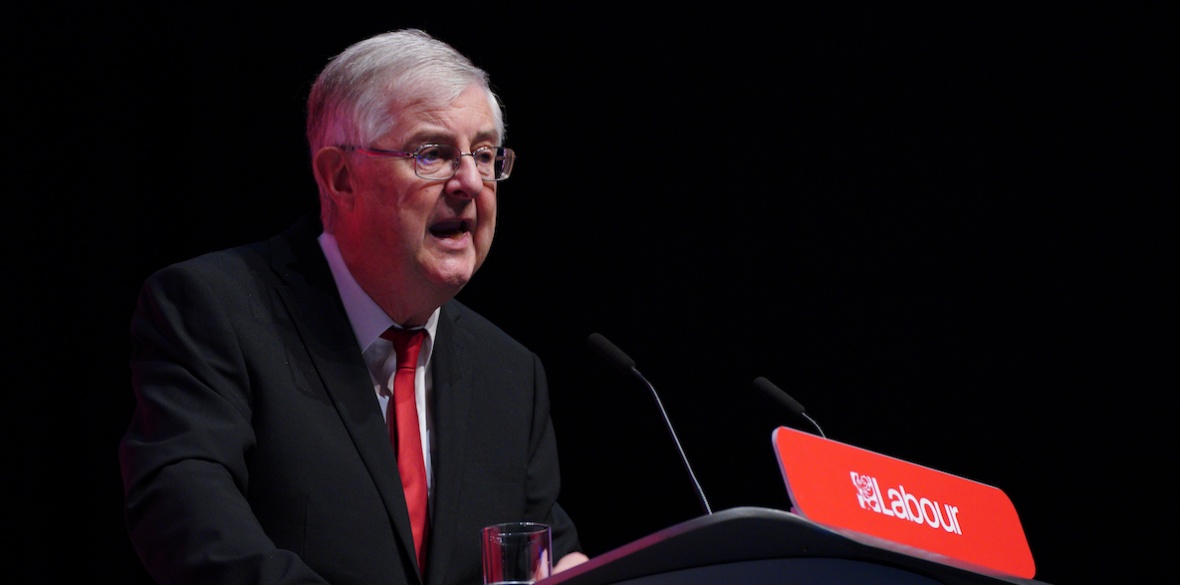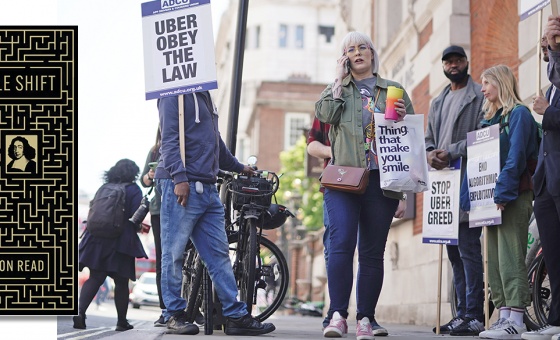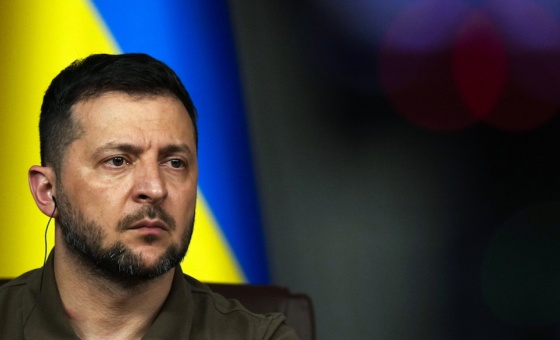This is the last article you can read this month
You can read more article this month
You can read more articles this month
Sorry your limit is up for this month
Reset on:
Please help support the Morning Star by subscribing here
DURING Mark Drakeford’s campaign in 2018 to be elected Welsh Labour leader, he said there was a real correlation between the Brexit vote and the areas of Wales that had been hardest hit by austerity.
I remind the First Minister that pay rates in Wales were 20 per cent lower than in England, higher sickness rates, poorer communities, higher unemployment, a rising number of job losses and a budget worth £900 million less in purchasing power.
I ask him about the decision not to continue providing free meals for children during the summer holiday and how poverty campaigners have said it will mean malnourished children coming back to school in September.
“We announced this months ago that the scheme would be ending at the end of Whitsun because the government underspends we had found that allowed us to continue it through Easter and the Whitsun half-term would run out.
“The money we were able to use no longer exists, but it is an awful decision for any Labour government to have to make,” he says.
We discuss how it was a dilemma for a Labour government to have to cut services that were the fault of Tory funding decisions and how some Labour councils in the 1980s had rebelled against doing this.
I ask Drakeford if there wasn’t a danger that the Welsh government will be acting as the agent of austerity and will get the blame for the cuts.
“It has long been the Tories’ tactic to do just that, hasn’t it? To hand the responsibility down the line to people who end up having to make the decisions and they think then we’ll conveniently get the blame.
“Actually people are a bit sharper than that. If you look at the English local government elections people had seen through that argument. Councils there are in a much tougher position than Welsh councils but it didn’t stop the Tories losing over a thousand councillors.
“The decisions we will make will reflect the values of the Labour Party and the perspective that we bring to what is the most important and the inevitable exercise of choosing priorities, where the difficult decisions will have to lie.”
I mentioned the recent decision by Keir Starmer not to commit to ending the two-child cap on social security benefits and refusing to say Wales will receive the Barnett formula consequential money to fund the railways in Wales because of the spending on HS2 in England. Starmer has also declined to commit to reviewing the Barnett formula itself.
I ask if he thought there was a danger that a Labour government at either end of the M4 not materially improving lives after the years of Tory cuts and austerity would cause voter disaffection similar to Brexit, with more people deciding to try independence.
Drakeford does not engage with the point, instead saying: “I don’t think there’s good evidence that there are rising numbers of people who really believe that Wales would be better off on our own.
“I think it’s almost fashionable to write off the Starmer government before it’s even been elected. I hear lots of people tell me how let down they are by a Starmer government that we haven’t even got.”
I say that Starmer ruling out abolishing the two-child limit on benefits doesn’t help.
“Well, the first duty of the Labour Party is to get itself into government,” Drakeford says.
“Every election we lose we let everybody down who looks to a Labour government to defend their interests. So I understand why Starmer and his team are ruthlessly focused on making sure that that election is won.
“If we don’t win the election, there’s nothing we can do. I also understand why everything they say is shaped by the economic legacy that they will have to deal with. You know, they will be dealing with the dreadful legacy, not just of the Liz Truss period, but the whole austerity decade.”
I remind him that he had said in a previous interview that the Labour government in 1945 faced a desperate economic situation but had managed to make very radical changes to improve people’s lives.
“I hope that as soon as they are able to, an incoming Labour government will tackle the harm that is done to children by some of the benefits decisions that the Tories have made. But to put them right, we’ve got to be in government — and we’ve got to be in a government that creates the economic conditions that allow us to repair that damage.
“I want an incoming Labour government to be bold and reforming. I want it to be a government that is absolutely visibly on the side of those people who need that help the most.”
We finally talk about the social partnership legislation that has just been introduced and was part of Drakeford’s manifesto when he stood for Welsh Labour leader.
I mention that the teaching unions in Wales are unhappy that they are excluded from the legislation because of the local management of schools — a product of Tory legislation in the late 1980s. I put to him that the teaching unions would like that changed so that they are covered by the new legislation.
“I think we have demonstrated very strongly our willingness to work in social partnership with the teacher unions. In the shadow social partnership council that we ran throughout Covid, the teacher unions were there around that table.
“I think there’s a case that deserves to be explored to see whether rebalancing some of the responsibilities between local management of schools, school governors, and the local education authority whether that balance is in the right place.”
*After the Drakeford interview, the NASUWT Cymru welcomed Drakeford’s response and looked forward to discussing this with the Welsh government.











